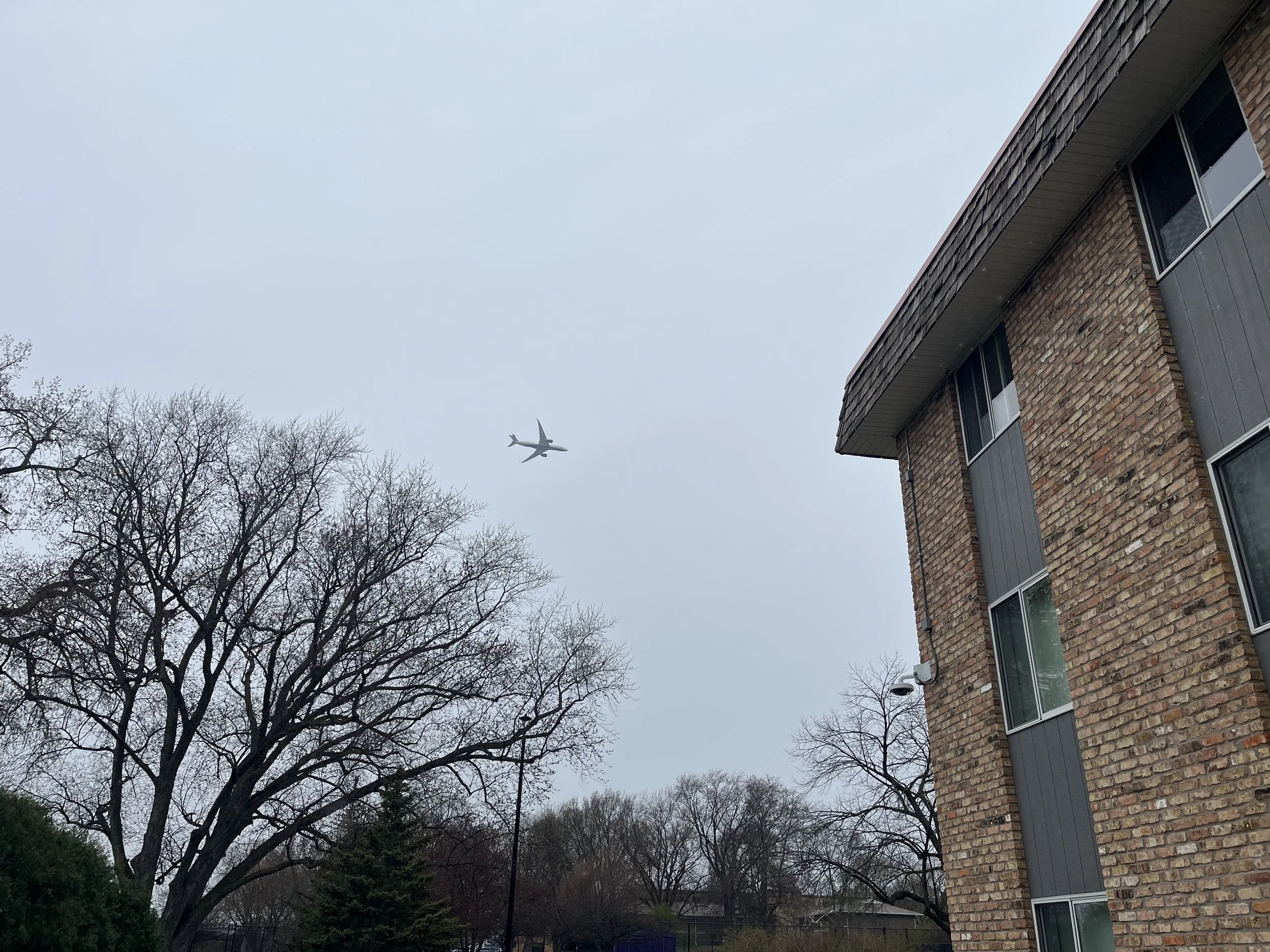2025 Election Overview
By Eleanor Anderson
On Tuesday, Nov. 4, Minnesotans will vote in an off-year election. For students living on campus or those living in the Highland Park neighborhood, there are three issues on the ballot: the St. Paul mayoral election, the school board levy and a city referendum. Read below to learn about each candidate/ issue, and utilize the MN Secretary of State website to find information about candidates in other districts!
Background: No party endorsements, but many candidates often run along party lines. St Paul utilizes Rank Choice Voting, so voters can rank as many candidates as they wish in order of preference.
Candidates (in order listed on ballot):
Mike Hilborn: Business owner. Priorities include lowering taxes, promoting law and order by doubling the St. Paul Police Department, and combating homelessness by addressing addiction and mental health challenges. Works alongside non-profits providing opportunities for people with disabilities and those released from prison.
Kaohly Her: Currently serving a fourth term in the Minnesota House of Representatives (endorsed by DFL). Main author of the Minnesota Equal Rights Amendment and supporter of state-funded health insurance for undocumented adults. Believes there needs to be more debate on issues like rising property taxes, public safety, and developmental challenges to downtown neighborhoods.
Yan Chen: Biophysicist at UMN Twin Cities and landlord of several single-family homes in St. Paul, ran for city council in 2023 but did not win. Believes that increasing taxes does not manage the growing costs of running the city. Opposes rent control referendum, but aims to address affordable housing by strengthening city services.
Melvin Carter: Current Mayor. First elected in 2017, then again in 2021. Progressive agenda includes medical debt forgiveness, college savings accounts for newborns, and additional sales taxes to fund roads and parks. Opposition stems from ongoing public safety concerns and budget deficits.
Adam Dullinger: Mechanical engineer, new to politics. Opposes exemptions to rent control, but focuses on managing everyday problems like infrastructure maintenance. Hopes to improve affordability of housing, transportation and food, and develop stronger bicycle infrastructure.
WRITE IN: voters can write the name of someone not running for or holding a conflicting elected position. Other qualifications include: must be 21 or older, must reside in St Paul for at least 30 days before election day, and must be eligible to vote in MN.
School board levy (ISD625 Property Tax increase):
Background: The U.S. Department of Education under the Trump Administration made significant budget cuts. The St. Paul Public School District is looking at a $37 million budget deficit if this levy does not pass. The first programs facing cuts will include the arts, music, language and culture initiatives, as well as transportation, security and student support programs. However, the district has promised to maintain its college and career readiness pathways and programs. School board members argue that state funding has not kept pace with inflation, so this funding is not to develop new programs but rather to maintain existing opportunities. Similar levies were passed by voters in 2006, 2012, and 2018.
Will cost the average St. Paul homeowner about $309/ year or $26/ month, increasing the budget by $1,073 per student.
Enacted for the next 10 years unless revoked/ reduced by future laws
Ballot options: Yes/No
City Referendum:
Background: The current city charter for St Paul does not allow for fines to be imposed when people violate city ordinances. Ordinances include noise restrictions, temporary parking restrictions and zoning/ land use regulations. This referendum would allow for civil fines to be imposed/fines would NOT be considered criminal conduct (ex: parking ticket), but rather an administrative fee (ex: late library fee).
Ballot options: Yes/No






